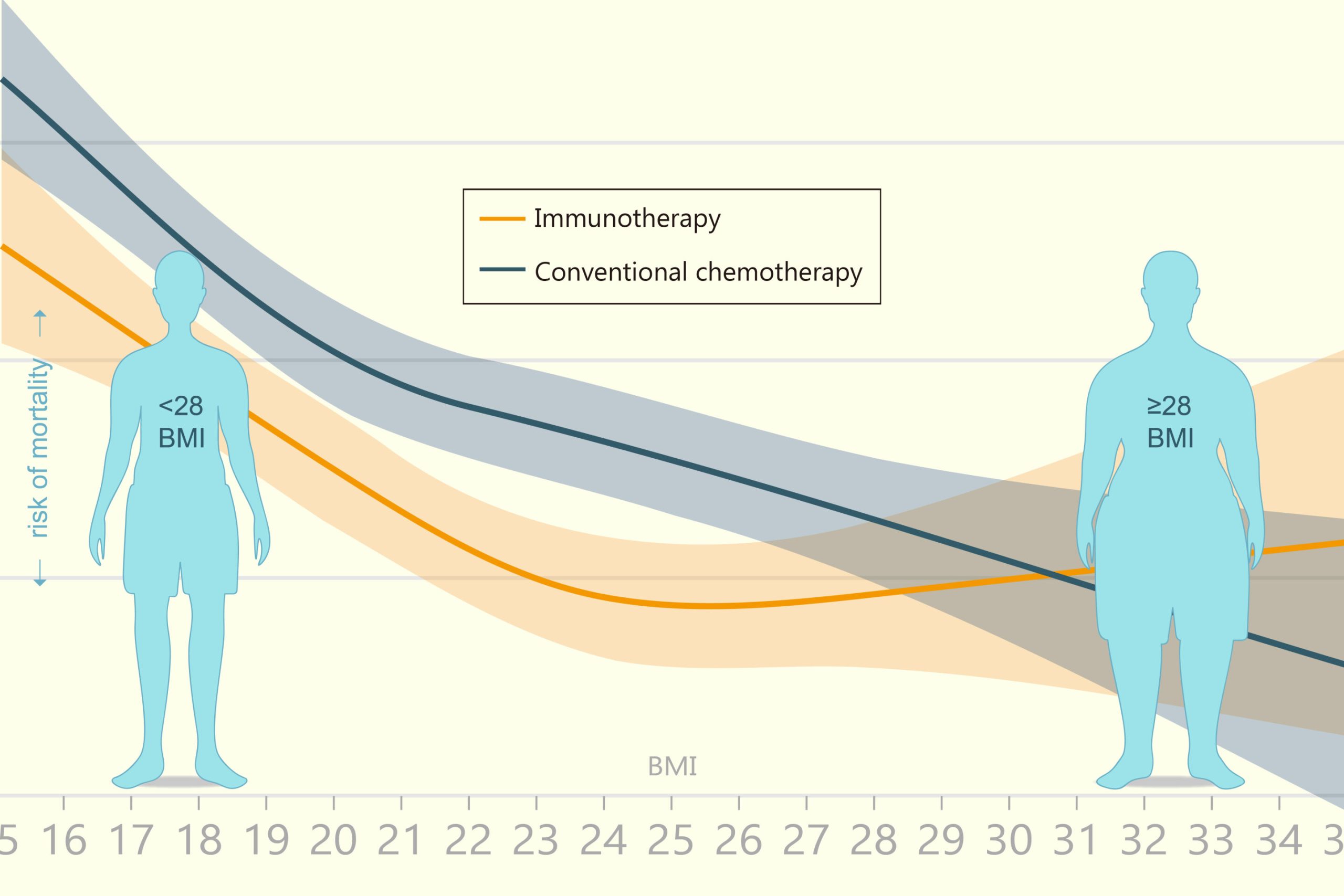In an analysis of more than 50,000 individuals from around the world, carriers of gut Blastocystis, a single-celled organism that has been labeled either a parasite or harmless organism but is commonly found in the digestive system, was linked to indicators of good cardiovascular health and decreased body fat. The research is published in Cell by an international team led by investigators at Massachusetts General Hospital (MGH), a founding member of the Mass General Brigham healthcare system.
“Blastocystis‘ effects on health and disease are controversial and likely context-dependent, but our research suggests that it may play a beneficial role in how diet impacts human health and disease,” said co-lead author Long H. Nguyen, MD, MS, a physician investigator in the Clinical and Translational Epidemiology Unit and Division of Gastroenterology at MGH, and an assistant professor of Medicine at Harvard Medical School. “At the very least, its ubiquity may suggest a non-pathogenic role.”
Nguyen, who is also a Chen Institute Department of Medicine Transformative Scholar at MGH, and colleagues sought to establish the relationship between gut Blastocystis, nutrition, and subsequent cardiometabolic health outcomes, including overweight/obesity, type 2 diabetes, and cardiovascular disease. To do so, they performed a large-scale study integrating and harmonizing data on nearly 57,000 individuals from 32 countries in North and South America, Europe, Asia, and Africa, focusing on Blastocystis and investigating whether its presence alters the effects of different dietary foods on individuals’ cardiometabolic health.
“We found that Blastocysis‘ presence and abundance varied by region and were influenced by diet,” said Nguyen.
Blastocystis was associated with the intake of certain food items and overall dietary patterns favoring more healthful plant-based and minimally processed foods. Additionally, Blastocystis was hardly ever found in newborns, suggesting that it is likely acquired later in life and was even found in stool from 595 AD, suggesting it is not strictly a marker of a more modern microbiome configuration.
Notably, higher Blastocystis levels were linked to better short-term markers of cardiometabolic health. For example, the team observed more favorable blood sugar and lipid profiles in individuals with higher Blastocystis levels, suggesting a potential positive impact on cardiometabolic health beyond the effect of a healthy diet alone. Also, lower levels of Blastocystis were linked with long-term outcomes such as obesity.
Also, in adults who participated in a six-month personalized diet intervention study, improvements in diet quality were linked with subsequent increases in Blastocystis prevalence and abundance.
“Overall, our findings suggest a potentially beneficial modulating role for Blastocystis, which may help explain individualized responses to diet and differences in digestive health depending on the presence and level of Blastocystis,” said Nguyen. “Also, our results indicate that Blastocystis may not be a parasite with detrimental host effects but, rather, a favorable constituent of the human gut microbiome.”


